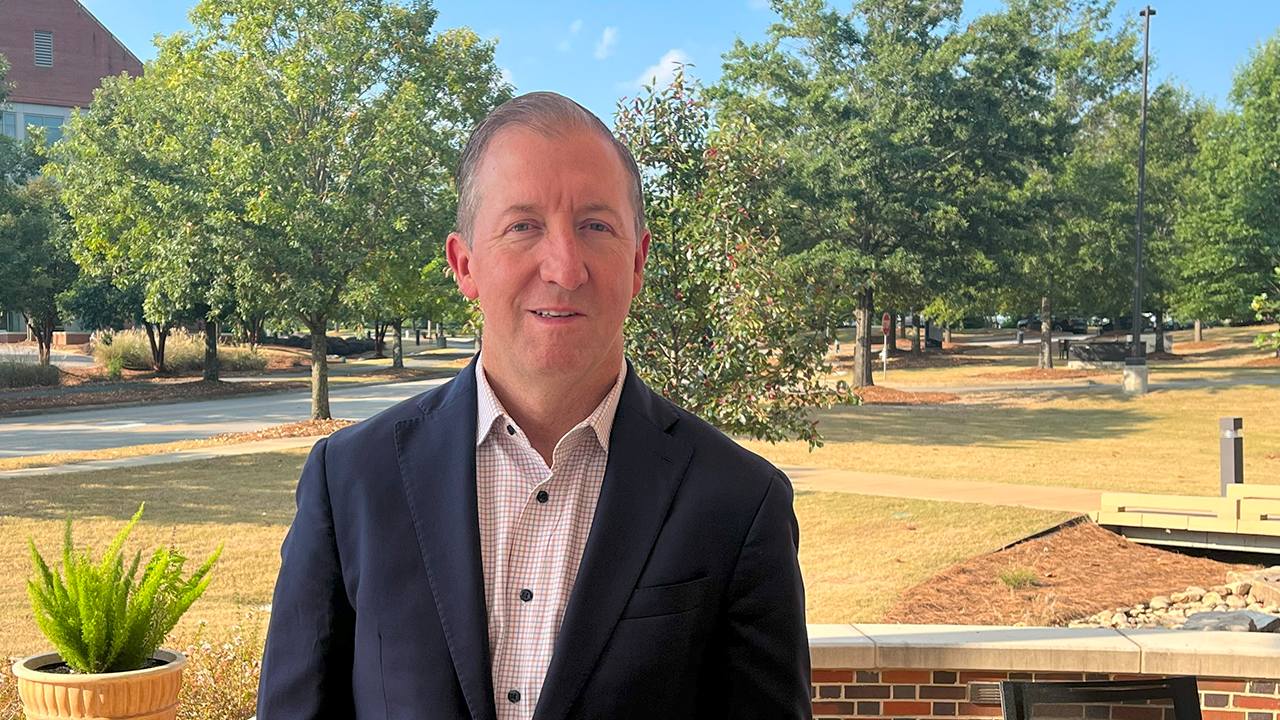content body

Cristopher A. Young
Cristopher A. Young, an animal disease expert and veterinary professor representing Auburn University’s Office of the Senior Vice President for Research and Economic Development, testified Tuesday before the U.S. House of Representatives Committee on Homeland Security.
Young appeared before the Subcommittee on Emergency Management and Technology as part of a hearing titled, “Surveying the Threat of Agroterrorism: Perspectives on Food, Agriculture and Veterinary Defense,” chaired by Dale Strong (R-AL).
In his comments, Young first noted that “there is no single vetted source of information addressing the diversity and complexity of threats to [America’s] food, agriculture and water. Even more importantly, no work explains how those threats can be mitigated.”
He went on to warn that in times of conflict, these targets would be vulnerable to both state and terrorist opponents. Young explained that if the United States ever goes to war, its food, agriculture and water security will be as important as traditional military concerns such as the threat from missiles, submarines etc.
“Because of this threat landscape, it is critical that the U.S. Government better prepare for and mitigate threats to our agriculture sector,” he said.
Young is part of a multidisciplinary team at Auburn that is developing just such a response. The Auburn University Biological Intelligence, Surveillance and Reconnaissance System (AU-BISR) aims to address the risk through a multi-tiered system utilizing monitoring, detection, analysis and artificial intelligence (AI) to identify potential chemical, biological and radiological threats in their earliest stages, before they become difficult or more expensive to address.
Examples of the kinds of threats the AU-BISR system is designed to counter include environmental agents, nanoparticles, prions, toxins, biofilms etc., that occur naturally, are the result of accidents or may be intentionally introduced to the agricultural sector in a terrorist-type attack.
If threats or anomalies were detected, AU-BISR would provide decision makers in government, the military and business at all levels of authority with near-real time/real-time and persistent insight and analysis while also providing alarms and notices to operational biosurveillance personnel.
Following his testimony, Young noted that Auburn’s Huntsville Applied Research Institute is well positioned to leverage the university’s unique capabilities in space and Public and One Health.
“This research team brings three powerhouse programs at Auburn together: engineering, veterinary medicine and agriculture,” he added. “Collectively, as we move AU-BISR forward, we expect many new applications of some existing technologies along with some new discoveries in AI and Large Language Models.”
Young is professor of practice at Auburn University with an appointment to the College of Veterinary Medicine and the Department of Animal Sciences in the College of Agriculture. He received his DVM from Auburn University College of Veterinary Medicine in 1994.
The full hearing can be found below with Young’s testimony beginning at the 1:25:53 mark.




